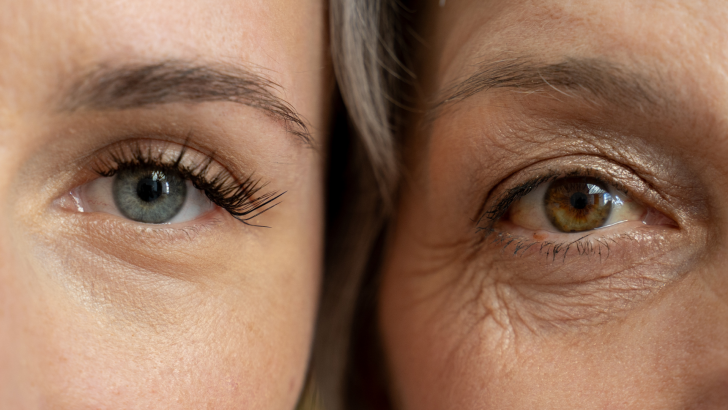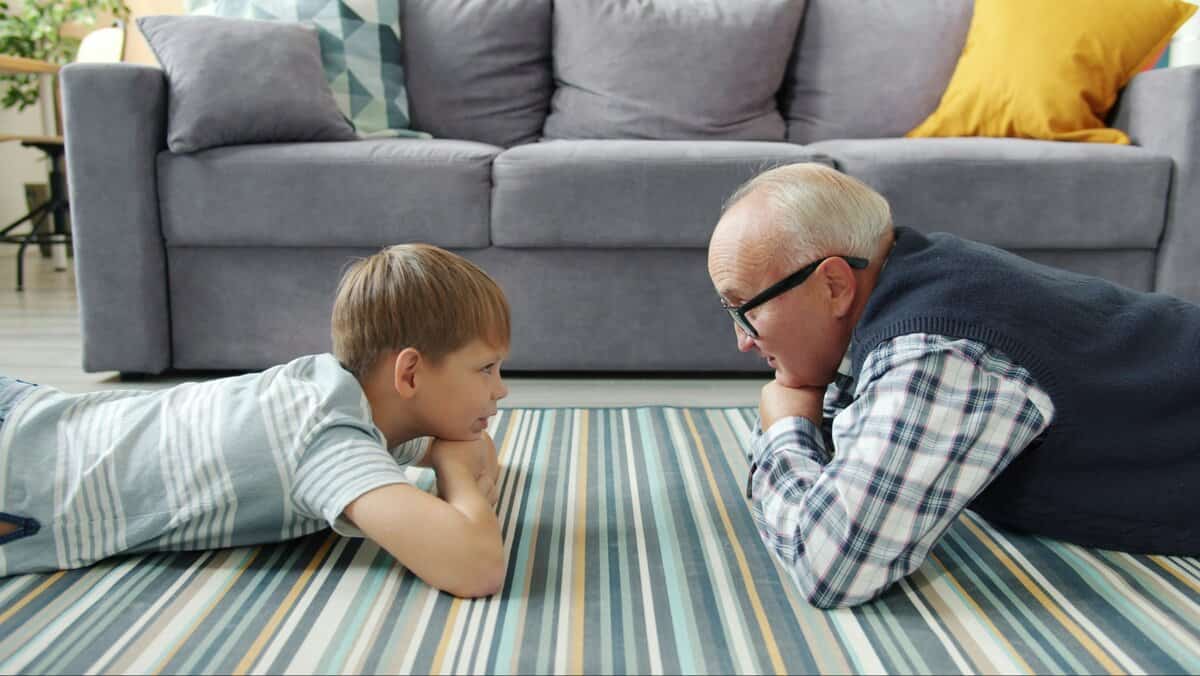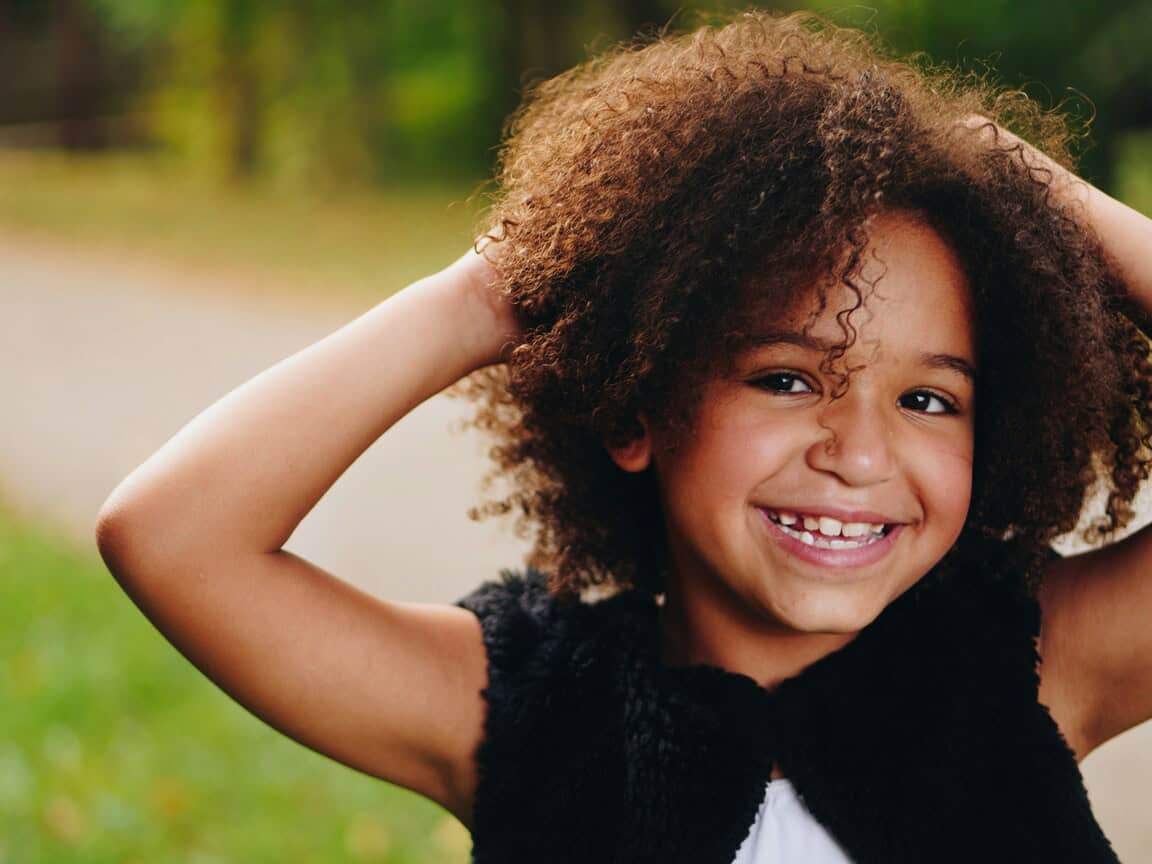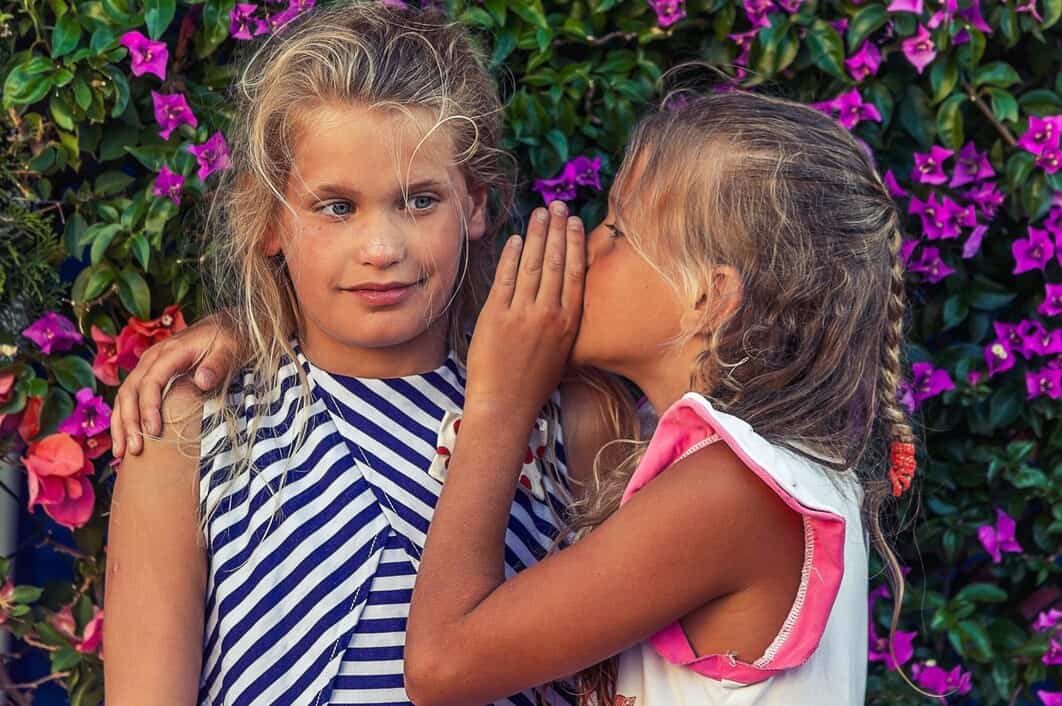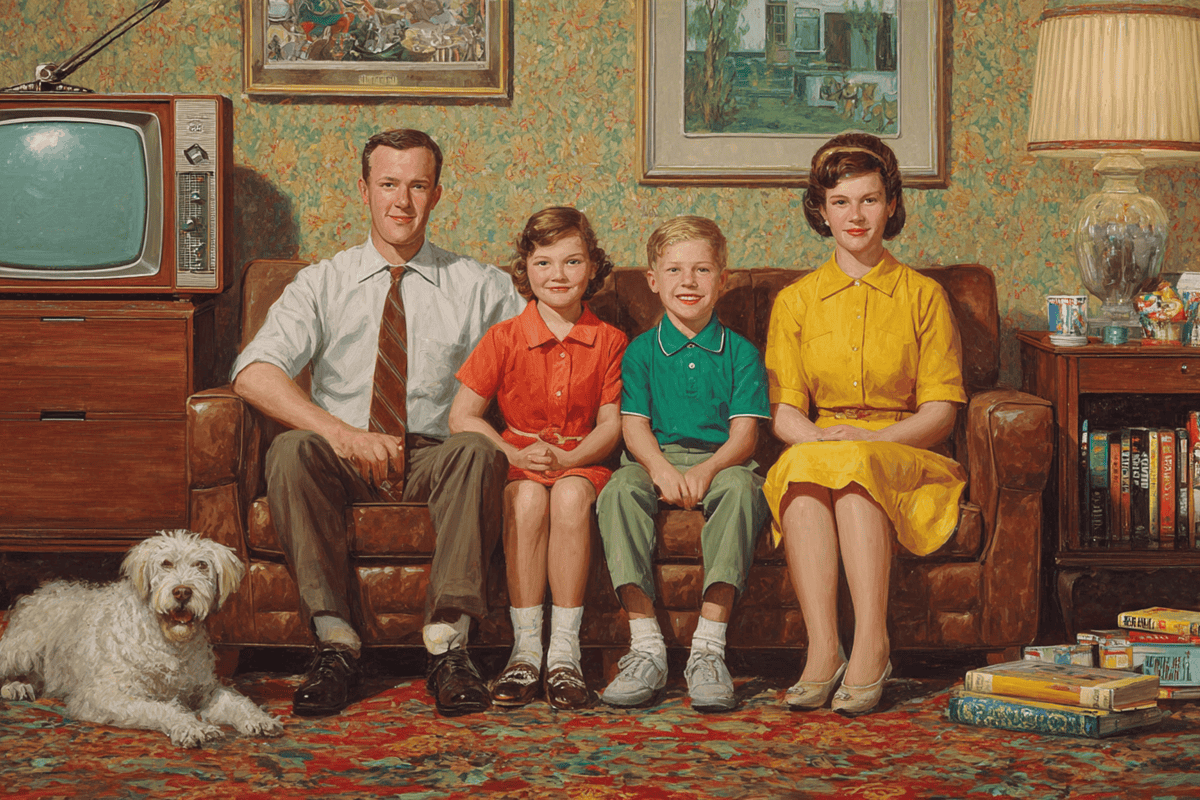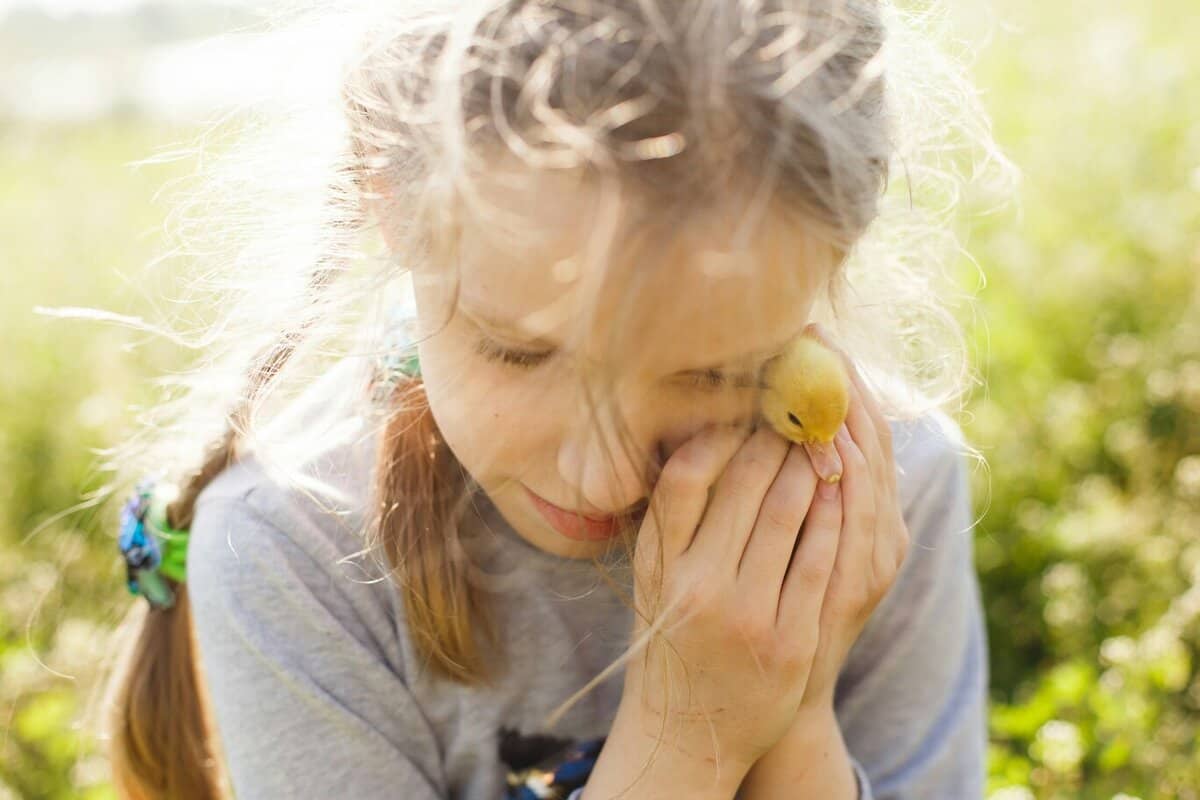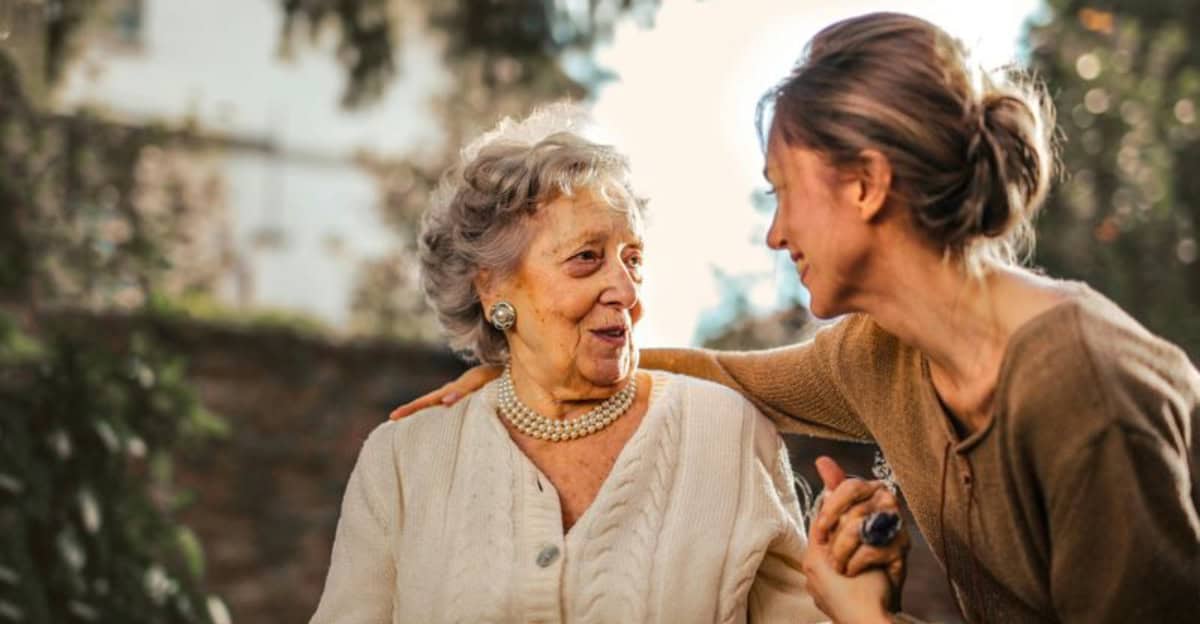If you are someone who always feels like a 和平缔造者 in your family or friend group, someone who never asks for help, or a person who overgives in a relationship, thinking that that is what will guarantee love, you might be a child who was actually a parent.
There are many signs in your adult life that point to this unfair childhood dynamic, and when unrecognized and unhealed, they can create problems you are not even aware of.
You Took Care of Everyone Else’s Emotions
A clear sign of being the parent instead of the child was when you learned to regulate and manage the emotional environment of your home. When a parent was sad, angry, stressed, or overwhelmed, you stepped in to calm and soothe.
You felt responsible for keeping the peace even when it was never your job. As a child, you learned to read body language, intonation, and moods with adult-level sensitivity. Spiritually, this creates a “protector” identity that formed too early in your life.
You learned to downgrade your own needs to meet others’ needs, disregarding your feelings, emotions, and preferences to make others happy. This emotional caretaking may continue to be part of your identity, even now.
You probably still prioritize other people’s feelings and needs over your own, continue to struggle to put yourself first, and are concerned about others’ feelings even when your own needs need attention.
You Were Expected to Be Mature Beyond Your Age
If you were constantly told by adults that you were “so mature,” “so responsible,” or “like a little adult,” it may be a sign that there was an unhealthy role transition in your upbringing.
Instead of feeling that you needed to play, explore, or make mistakes, you probably felt that you needed to act older than you were. You might have had to navigate tasks, decisions, or discussions you weren’t quite ready for as a child.
This forced maturity on a young mind, and it still makes you someone who feels guilty when you’re resting or enjoying yourself. You might still feel uncomfortable with childlike carefreeness or enjoyment today.
Spiritually, this early responsibility has equipped you with wisdom, but at a cost: you’ve lost some innocence. Healing begins to take shape when you allow yourself to reclaim any softness that is free of guilt.
You Took on Responsibilities That Belonged to Adults
Many parentified children had chores, caregiving, money matters, and responsibilities of running the household well beyond their age. You may have:
- Cooked meals.
- Raised siblings.
- Managed the schedules.
- Comforted a parent after a fight.
You weren’t playing “house.” You were keeping one running. This responsibility gave you a sense of duty, then and now as an adult. You might struggle to ask for help or feel anxious when tasks are not completed.
Spiritually, you are strong and capable, but it has a price. Your inner child never learned what safety was, because your role was to be the safety for everyone else.
Being aware of this will help you release the weight that you never should have carried as a child for your family.
You Felt Like the Peacemaker or Therapist in the Family
If you were the one resolving conflicts, stopping arguments, or calming adults who should have supported you, it meant you were the emotional anchor of the family.
Children should not have to be mediators, but many parentified kids learn to calm the chaos to survive it. As adults, this often manifests in the form of over-explaining, people-pleasing, or being anxious in conflict.
Spiritually, you gained some powerful intuition and empathy, but you also learned to be hyper-focused on other people’s moods, which pulled you away from your own emotional needs, especially when you were a family therapist.
Healing is learning that connection and peace toward others is not your responsibility and never was.
Your Needs Were Treated as Less Important
If reaching out for what you needed felt like “too much,” or if you were instructed early on that your feelings were secondary, you were likely parentified. You may have heard “be strong,” “stop crying,” or “help, not complain.”
You would be a child who was raised to pay attention to others while smothering their emotional world. As an adult, this looks like having difficulty recognizing your pain, asking for support, or thinking you deserve comfort.
On a spiritual level, this creates a long-standing wound: that love must always come with a price by way of service. Noticing this pattern brings you back to recognizing your value in self-worth, and your needs weigh just as much as anyone else’s.
You Still Carry the Weight of That Role Today
Parentified children grow up into adults who feel responsible for everything: relationships, family crises, emotional issues, etc. You could struggle to relax, trust others to assist you, or set a boundary.
Even in healthy relationships, it’s also natural to take charge or over-deliver because it feels safer than allowing yourself to be vulnerable. Spiritually, every caregiving child becomes a stronger, wiser, and more intuitive adult. You are a caregiver!
That said, you may have emotional marks. You may have also been left healing, deeply hurt by your experiences.
Your healing means learning how to trust others so they can care for you, honoring the inner child, and letting go of responsibilities that were never yours. You aged too soon; it’s time to rest.
Born and raised in Bosnia and Herzegovina. Ever since I was a little girl, my imagination knew no bounds. I remember vividly how I’d scribble down short stories, each page bursting with adventures and characters conjured up from the whimsy of my mind. These stories weren’t just for me; they were my way of connecting with my friends, offering them a slice of my fantasy world during our playtimes. The joy and excitement on their faces as we dived into my fictional realms motivated me to keep writing. This early passion for storytelling naturally evolved into my pursuit of writing, turning a childhood hobby into a fulfilling career.

